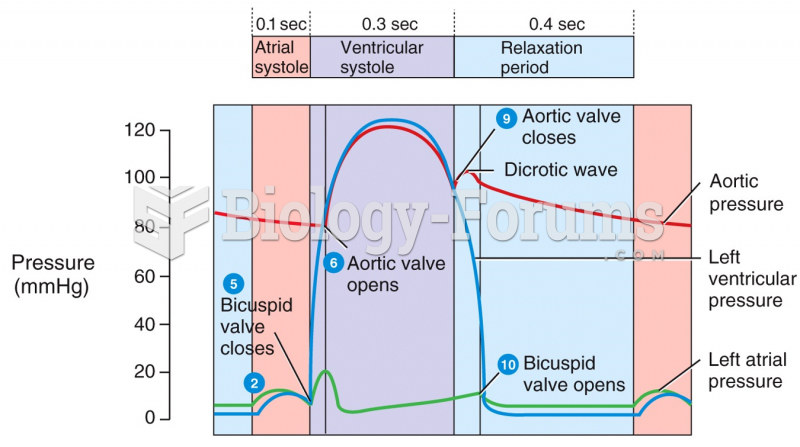This topic contains a solution. Click here to go to the answer
|
|
|
Did you know?
The U.S. Preventive Services Task Force recommends that all women age 65 years of age or older should be screened with bone densitometry.
Did you know?
The first oral chemotherapy drug for colon cancer was approved by FDA in 2001.
Did you know?
There are 60,000 miles of blood vessels in every adult human.
Did you know?
There are more bacteria in your mouth than there are people in the world.
Did you know?
Illicit drug use costs the United States approximately $181 billion every year.







